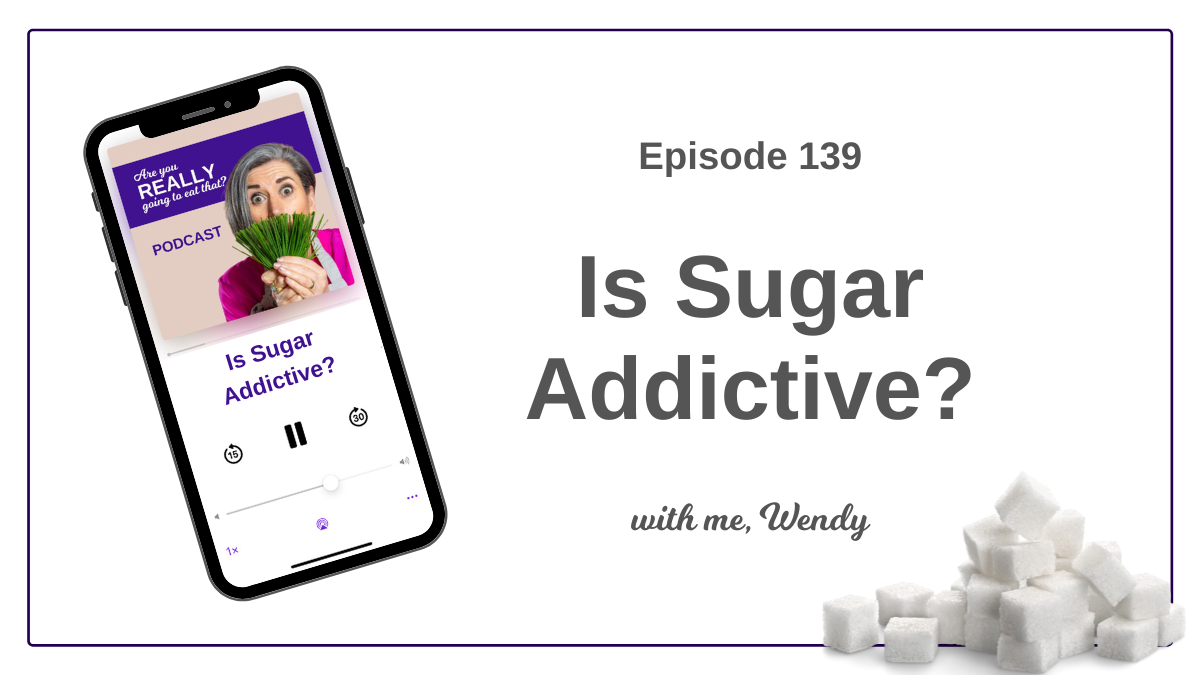In this week’s episode I explore the tricky question around sugar and whether it is addictive or not. Talking about the effect it has on our brain and our pleasure and reward system.
What is addiction?
Defined as not having control over what you are doing, taking or using something to a point where it could be harmful to you.
Or the persistent use of a drug despite it’s harmful consequences.
Many clients would describe sugar to me in these terms. That it is impossible to resist if they have it in the house. But is it really addictive to the point of taking it despite the consequences?
Dopamine and Sugar
Dopamine is the hormone our body releases in response to something that it believes is beneficial. And it gives us a feeling of pleasure so that we remember that it is good for us. Such as sex, which is essential to survival.
When we eat sugar our brain releases dopamine. This is similar to the way it reacts to heroin and cocaine. This is why we have considered it to be addictive.
For much of our history it was beneficial to eat sugary foods to excess when they were available. Our body turns the sugar into fat for energy in times of famine. But in the modern world this is no longer necessary.
Sugar and our health
Non-alcoholic fatty liver disease NAFLD is on the rise, it is believed to be affecting up to 1/3 of the world’s population and it on the rise. It has replaced Hepatitis C as the leading indicator for liver transplant in the US.
This is down to the excessive levels of sugar that we are eating. We are putting our livers under so much pressure with excessive eating, insulin resistance and excess fat in our bodies.
What can you do?
- Begin to retrain your taste buds
- Avoid artificial sweeteners
- Use less processed sugars such as cane sugar or honey
My links
Do you need to kick the sugar habit?

